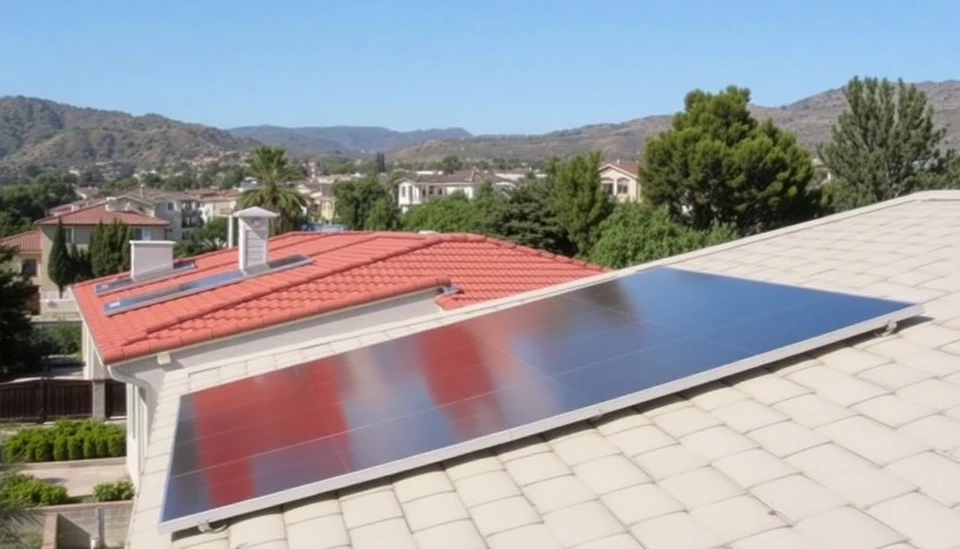
While California has consistently been at the forefront of the solar energy movement, the state is lagging behind in providing solar panel accessibility for renters. Despite its pioneering initiatives that have made solar energy mainstream, the focus on homeownership has inadvertently left many renters without viable options to harness renewable energy.
The golden state boasts a significant number of solar installations, leading the nation in solar capacity and installations. Yet, the rapid growth has primarily favored homeowners who can afford to invest in solar panels. For renters, navigating the complexities of installing solar units has presented an array of challenges, primarily due to the nature of rental agreements and the lack of incentives tailored to their unique situations.
Recent studies indicate that although California has made strides in solar energy policy, its measures have not adequately addressed the needs of its renters. With approximately 44% of Californians living in rental properties, a large segment of the population remains excluded from the benefits of solar savings. Unlike many states that have pioneered innovative community solar programs—allowing residents to benefit from solar energy without needing to install panels on individual properties—California is still playing catch-up in this area.
Community solar initiatives in other states have emerged as a game-changer, granting renters and those with unsuitable roofs the ability to tap into solar energy. These programs enable individuals to subscribe to shared solar power projects, reaping the financial benefits of reduced energy bills while contributing to the state's renewable energy goals. Unfortunately, California's current policies do not provide a solid framework for such programs, hampering the solar revolution for those without stable homeownership.
California’s commitment to renewable energy sources has garnered international acclaim; however, its focus on residential solar uptake may require reevaluation. Advocates for solar equity argue that to meet ambitious climate goals, it is essential to develop policies that bridge the gap for renters. This includes more robust community solar programs, financial incentives, and legislative support to encourage landlords to adopt solar solutions on multi-unit housing.
As the state prepares for its upcoming debates on renewable energy policies, it faces crucial decisions that could reshape the future of energy access in California. The urgency for adaptable policies that cater to both homeowners and renters cannot be overstated, as it holds significant implications for achieving statewide sustainability targets and addressing broader social equity issues.
To foster an inclusive transition into renewable energy, California must prioritize initiatives that resonate with all its residents, ensuring that the benefits of solar energy extend to every household—regardless of whether they own their home. The state stands at a pivotal crossroads, and action is crucial to guarantee that no one is left behind in the fight against climate change.
#CaliforniaSolar #RentersRights #RenewableEnergy #SolarForAll #ClimateChange #SolarEquity
Author: Peter Collins




